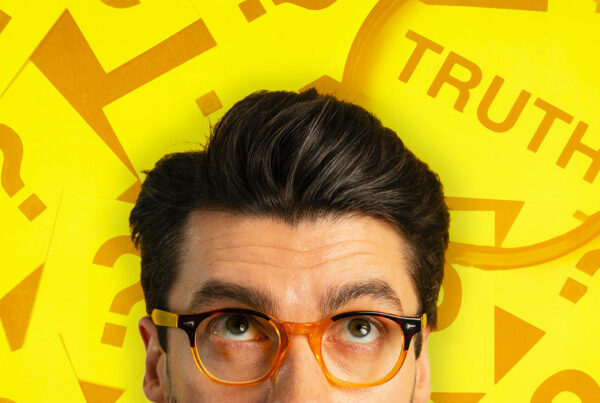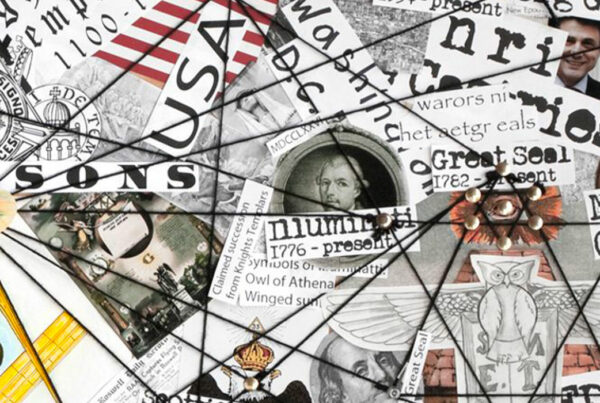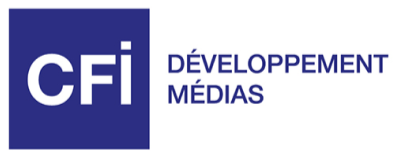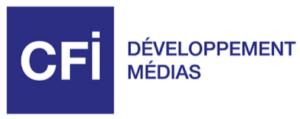Definition and challenges
Media concentration refers to a phenomenon whereby ownership of media companies is gradually falling into the hands of a small number of investors.
This phenomenon raises many concerns about media independence and pluralism of information. The expression of diverse opinions is essential to maintaining a healthy democracy. However, media concentration promotes uniformity of discourse and the potential for owners to exert political or economic influence over the content that is disseminated.
A growing risk
In its 2023 Annual Rule of Law Report, the European Commission considers that the concentration of news media remains at a “high level of risk” across the European Union.
The Media Pluralism Monitor 2024 (MPM 2024), published by the Centre for Media Pluralism and Media Freedom, confirms this alarming trend. According to this report, no European country presents a low risk in terms of media concentration, and the majority of member states are at a medium to high level of risk.
This risk is calculated based on several criteria:
- The existence and enforcement of legislation regulating media concentration.
- The economic situation of the media sector, which can encourage or limit concentration.
- The assessment of the level of editorial independence of the media.
Why is media concentration a threat to democracy?
1. Opinion power in the hands of a few actors
Media owners and shareholders exert direct or indirect influence on the editorial line of the outlets they own. Some buyers of media groups are not seeking financial profit, but a return on investment in terms of political or economic influence.
2. A uniformity of discourse
If a small number of actors own the majority of media, the diversity of opinions and topics covered decreases. This phenomenon can limit the public’s exposure to different points of view, leading to an impoverishment of democratic debate.
3. Insufficient transparency
In many cases, the public is unaware of who owns the media they consume. This opacity prevents readers from assessing potential conflicts of interest that may influence the handling of information.
1. Opinion power in the hands of a few actors
Media owners and shareholders exert direct or indirect influence on the editorial line of the outlets they own. Some buyers of media groups are not seeking financial profit, but a return on investment in terms of political or economic influence.
2. A uniformity of discourse
If a small number of actors own the majority of media, the diversity of opinions and topics covered decreases. This phenomenon can limit the public’s exposure to different points of view, leading to an impoverishment of democratic debate.
3. Insufficient transparency
In many cases, the public is unaware of who owns the media they consume. This opacity prevents readers from assessing potential conflicts of interest that may influence the handling of information.
What solutions are there to counter media concentration?
1. Strengthen regulation at the European level
- Implement media ownership quotas to prevent a single actor from holding too many outlets.
- Require greater transparency about media owners and their financial ties.
- Encourage editorial independence guaranteed by law, limiting shareholder influence.
2. Develop alternative ownership models
- Cooperative media, where the owners are employees and readers, ensuring editorial independence from external investors.
- Crowdfunding and direct subscriptions to limit dependence on large groups.
3. Raise public awareness
- Encourage source verification and critical thinking toward information and media.
- Educate citizens to identify potential conflicts of interest in the content they consume.
Media concentration in Europe constitutes a growing threat to democracy, as it reduces information plurality and fosters a uniformity of discourse.
A stricter legislative framework, the emergence of alternative models, and increased public awareness are all solutions to resist this trend and guarantee free and diverse information.
| Inset: What is the European Media Freedom Act? The European Media Freedom Act, in force since May 2024, aims to guarantee media independence in Europe. It specifically targets interference in the media, the lack of transparency in the appointment of public media managers, and the concentration of power in the media sector. It introduces ownership transparency measures and protects journalists against spying. This legislation is part of a broader plan by the European Commission to support democracy and freedom of expression. |
Sources:
https://voxeurop.eu/fr/concentration-medias-europe-menace-democratie/






